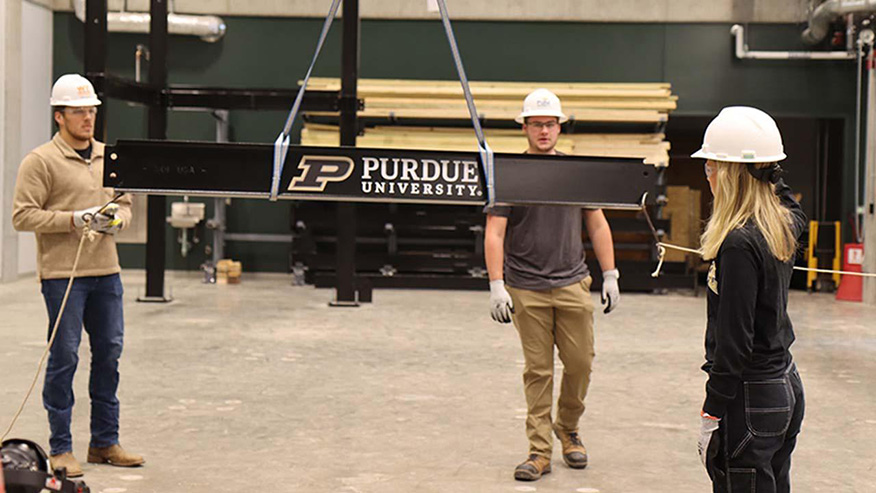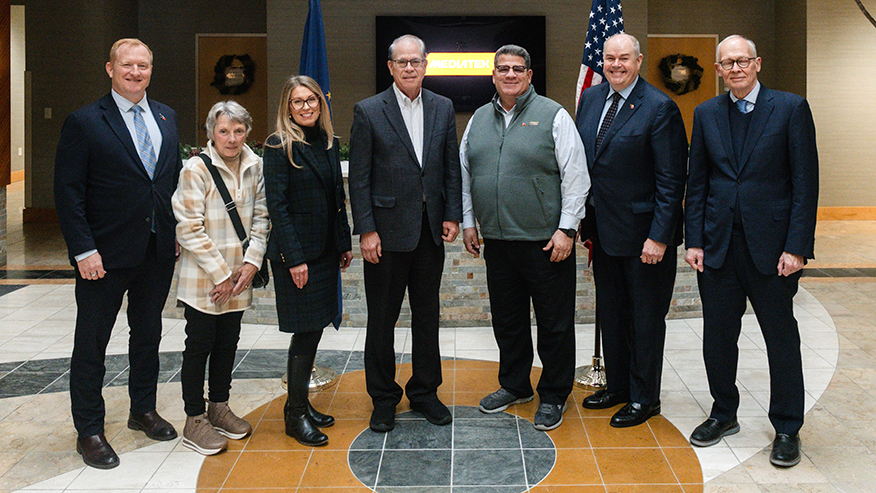Purdue researchers edge closer to delivering personalized medicine to cancer patients

WEST LAFAYETTE, Ind. —
Researchers at Purdue University have developed a technique to better predict chemotherapy resistance in canines and humans.
Chemotherapy can save lives, but often a cancer patient may be resistant to their prescribed chemotherapy, which costs the patient valuable time. Chemoresistance is a topic that researchers need to understand better so that they can match the right type of chemo to the right patient, which is called personalized medicine.
An unusual pairing of veterinary scientists and physicists at Purdue University believe their method of detecting chemoresistance could be the new standard for personalized medicine. This team is using Doppler ultrasound to detect how cancer cells respond to chemotherapy. They currently have their method of personalized chemotherapy detection in Phase 2 clinical trials in humans at the IU School of Medicine and have also been using the method in canine trials.
Read more on the Department of Physics and Astronomy website.
Media are encouraged to share, post and publish this content.
Media contact: Brittany Steff, bsteff@purdue.edu



